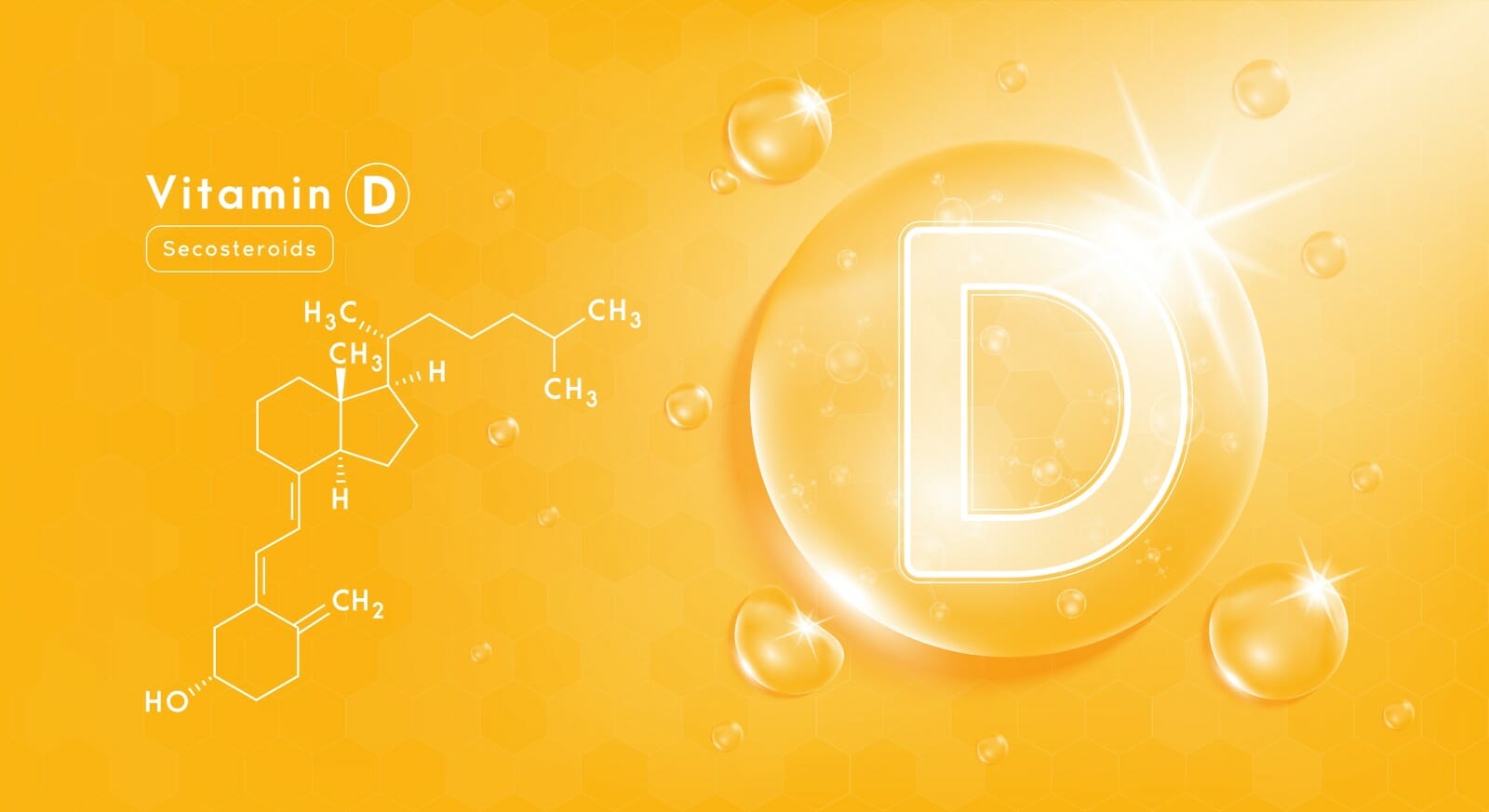The Sunshine Vitamin and Its Intricate Dance with Sex Hormones
Imagine a world without sunshine. It’s difficult. That’s because the sun is more than just a celestial body; it’s a source of life playing a vital role in our Health. One of the key players in this cosmic ballet is Vitamin D, often called the “sunshine vitamin.” But you might not know that Vitamin D has a deep and fascinating connection with our sex hormones. In this extensive exploration, we will delve into Vitamin D, understand its importance in hormonal balance, and learn how it affects our overall Health.
The Mighty Vitamin D
Before we dive into the intricacies of Vitamin D’s relationship with sex hormones, let’s get to know this remarkable nutrient a little better.
Vitamin D is a vitamin that has everyone talking about it; a fat-soluble vitamin that your body can produce when exposed to Sunlight. It has two main forms: Vitamin D2 (ergocalciferol) and Vitamin D3 (cholecalciferol). Vitamin D3 is the form your skin produces in response to Sunlight and is also found in animal-based foods. Both conditions can be converted into the active form of Vitamin D.
The Hormonal Symphony
Understanding the connection between Vitamin D and sex hormones requires a basic grasp of how hormones work. Hormones are like messengers that regulate various physiological processes, including growth, metabolism, mood, and, of course, reproduction. In sex hormones, we’re mainly concerned with testosterone and estrogen.
Testosterone:
Testosterone is known as the male sex hormone but is also present in smaller amounts in females. In men, it’s responsible for developing overall male sexual characteristics. In women, it plays a role in maintaining bone density and supporting libido.
Estrogen:
Estrogen is the dominant female sex hormone. It regulates the menstrual cycle, promotes breast development, and plays a critical role in pregnancy. However, it’s important to note that both men and women have some estrogen levels.
Vitamin D and Testosterone
Now, let’s explore how Vitamin D influences these crucial sex hormones. We’ll start with testosterone.
Testosterone and Vitamin D:
Numerous studies have shown a correlation between Vitamin D levels and testosterone. In other words, individuals with higher Vitamin D tend to have higher testosterone levels. This relationship is significant for health.
Low testosterone levels can lead to various issues, including reduced muscle mass, fatigue, depression, and decreased libido. By ensuring that your Vitamin D levels are in the optimal range, you may be able to support healthy test production and maintain overall vitality.
Vitamin D and Libido:
Testosterone plays a significant role in sexual desire (libido) for both men and women. It has been heavily studied that when test levels are relatively low, it can decrease libido. By keeping your Vitamin D levels in check, you can help maintain a healthy sex drive.
Vitamin D and Estrogen:
Let’s switch our focus to estrogen, the dominant female sex hormone.
Estrogen and Vitamin D:
Vitamin D. also influences estrogen levels. In women, adequate Vitamin D levels can contribute to balanced menstrual cycles and support reproductive Health. It may even reduce the risk of conditions like polycystic ovary syndrome (PCOS), which can disrupt hormonal balance and fertility.
For menopausal women, maintaining proper Vitamin D levels can always help symptoms associated with estrogen fluctuations, such as hot flashes and mood swings. This means that, regardless of your age or gender, Vitamin D can play a significant role in promoting hormonal balance.
The Sunlight-Sex Hormone Connection:
Now that we’ve explored the individual roles of Vitamin D in testosterone and estrogen let’s examine how Sunlight, our primary source of Vitamin D, comes into play.
Sunlight and Vitamin D:
Exposure to Sunlight is the most natural and effective way to boost your Vitamin D levels. When exposed to Sunlight, your skin produces Vitamin D in response to UVB rays. This sunlight-induced Vitamin D boost can contribute to hormonal balance by supporting the healthy production of sex hormones.
However, it’s essential to strike a balance. Be careful; too much sun exposure without proper skin care protection can increase the risk of skin damage and cancer. On the other hand, inadequate sun exposure can lead to Vitamin D deficiency, harming your hormonal Health.
Seasonal Changes and Hormones
The Sunlight we receive can vary significantly depending on the season and geographic location. These variations can impact our hormonal Health, affecting everything from mood and energy levels to reproductive Health.
Seasonal Affective Disorder:
Seasonal changes in Sunlight can contribute to Seasonal Affective Disorder (SAD), a type of depression that occurs at specific times of the year, usually during the fall and winter months when daylight hours are shorter. SAD is often linked to lower Vitamin D levels, impacting mood and overall well-being.
Hormonal Fluctuations:
Some people experience mood, energy, and even libido changes during the dark months of the year. These fluctuations are partly attributed to reduced sun exposure and lower Vitamin D levels. Paying attention to your Vitamin D intake and considering supplementation if needed can mitigate some of these seasonal effects on your hormones.
Supplementation and Balance
As you all may know, Sunlight is an excellent source of Vitamin D; not everyone can bask in the sun’s rays year-round. This is where supplementation comes into play.
Vitamin D Supplements:
Vitamin D supplements are readily available over the counter and can effectively maintain adequate levels of this vital nutrient. However, consulting with Rejuvenatehrt before starting any supplementation regimen is crucial.
Regular Testing:
Periodically checking your Vitamin D levels through blood tests is a proactive way to ensure you’re within the optimal range. This personalized approach lets you fine-tune your supplementation and sun exposure to maintain hormonal balance.
Beyond Hormones: Vitamin D’s Wider Impact
While we’ve been primarily focused on Vitamin D’s relationship with sex hormones, it’s essential to recognize that this nutrient has a far-reaching impact on our overall Health.
Immune System Support:
Vitamin D is known for its immune system-supporting properties. It helps the body defend against infections and promotes a robust immune response.
Bone Health:
Vitamin D for centuries has been known as an essential component for calcium absorption, strengthening bones, and osteoporosis prevention.
Cardiovascular Health:
Emerging research suggests that Vitamin D may also play a role in cardiovascular health, potentially reducing the risk of heart disease.
Mood and Mental Health:
Adequate Vitamin D levels are associated with a reduced risk of mood disorders such as depression and anxiety. This further underscores the importance of maintaining proper Vitamin D levels for overall well-being.
Finding Your Vitamin D Balance
Now that you’re well-acquainted with the sun-soaked world of Vitamin D and its ties to your hormonal Health, you might wonder how to strike the right balance. Here are some practical tips to help you maintain optimal Vitamin D levels:
- Sun Exposure: Aim for 15-20 minutes of direct Sunlight on your skin a few times a week. The exact duration depends on factors like your location, skin type, and the time of day. Be mindful of sun safety, and use sunscreen as needed to protect your skin from harmful UV rays.
- Dietary Sources: Incorporate foods rich in Vitamin D into your diet. Fatty fish (salmon, mackerel, and sardines) are all fortified products with excess nutrients.
- Supplementation: If you live in an area with limited Sunlight, have a lifestyle that prevents sun exposure, or have difficulty absorbing Vitamin D, talk to a healthcare practitioner about supplementing with Vitamin D. We can recommend the proper dosage based on your specific needs and may perform blood tests to assess your current levels.
- Regular Check-ups: Periodically check your Vitamin D levels through blood tests. This allows you to monitor your progress and adjust your supplementation or sun exposure.
Conclusion
In the grand symphony of our bodies, hormones are the conductors that keep the show running smoothly. Vitamin D, the sunshine vitamin, plays a significant role in this intricate dance. From testosterone and estrogen to overall Health and well-being, it’s clear that Vitamin D is an indispensable player in the hormonal orchestra of life.
So, remember to embrace the sun, but do so responsibly. Balance is the key – too little Sunlight can lead to Vitamin D deficiency, while too much sun can harm your skin. When in doubt, consult a healthcare provider to determine the best approach to maintain optimal Vitamin D levels and support your hormonal Health.
Ultimately, it’s all about achieving that perfect hormonal harmony, where Sunlight and Vitamin D are your trusty orchestrators, guiding you toward a healthier, happier you. As you navigate the complexities of your hormonal Health, let the sun’s warmth remind you of the incredible interplay between nature and your well-being.
If you have any questions about how we can further assist you, contact Rejuvenatehrt.com, click Get Started, or email CS@rejuvenatehrt.com. We will get back to you as soon as possible.


